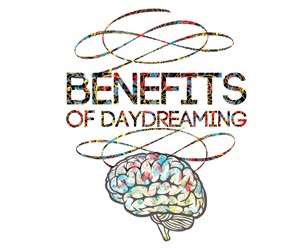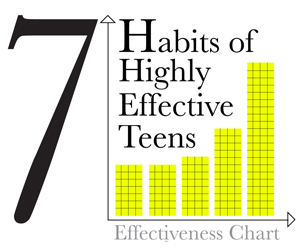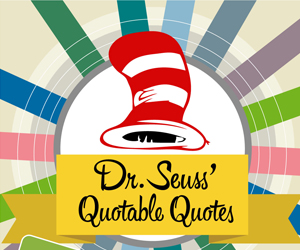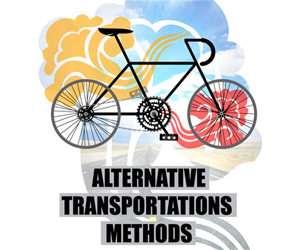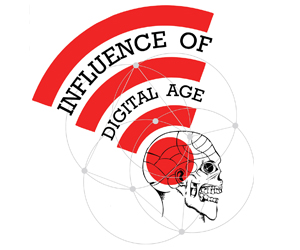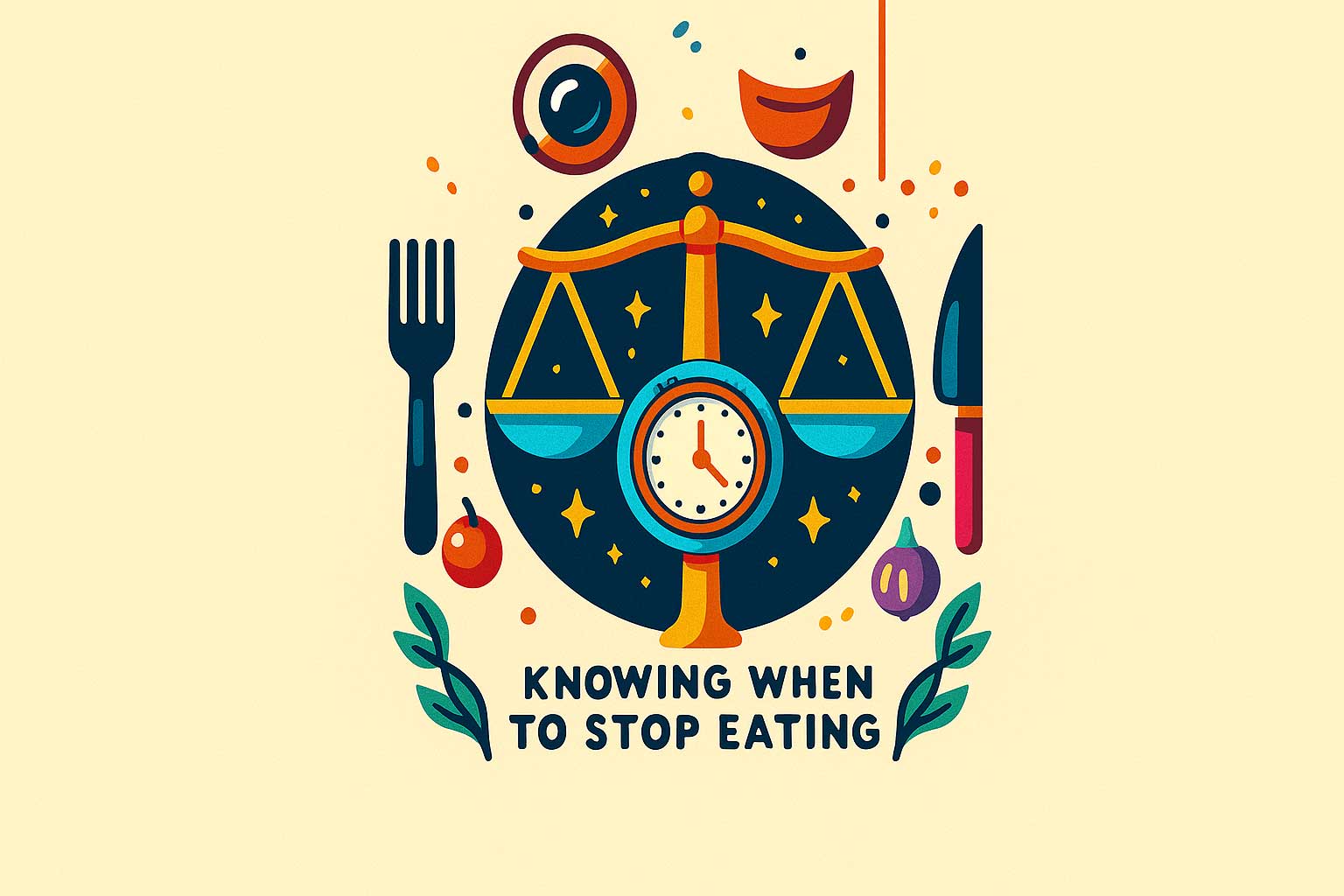
Food plays an important role in human culture. Eating is no longer just for survival but it is also a meaningful and symbolic ritual to many, be it to relieve stress or to bond with people in the process. Everyone loves having a good meal, especially when eating with friends and family. However, in our modern and affluent society, we have a tendency to eat more than we should. “Eat when you’re hungry, stop when you’re full.” This advice sounds so simple, yet countless people struggle with putting this principle into practice. Why is overeating such a battle? One of the main reasons is because people aren’t tuned in to their bodies. They lose sensitivity to true stomach hunger, and get it confused with a multitude of other signals and needs.
What is stomach hunger?
Stomach hunger — or physical hunger — involves a complex interaction between the digestive system, endocrine system and the brain. When the body needs refueling, we start feeling tired and weak, while finding it harder to concentrate and work. The stomach, which is located just below the ribcage, starts to ache and rumble. This is true stomach hunger. When we begin eating in response, we really enjoy the food and start feeling better, because a bodily need is being met.
What happens when I ignore my stomach hunger?
If you don’t feed your body when it needs food, the physical symptoms intensify. The stomach starts to really hurt. You find it more difficult to concentrate and may experience lightheadedness. You may also get irritable and short-tempered. In addition, some people get shaky and nervous, while others get a headache. Because you are so ravenous at this point, once you do start to eat, you’re very vulnerable to uncontrolled eating or bingeing.
When I eat, how do I know when to stop?
Hunger and fullness are regulated by the hypothalamus in the brain. When your body has had enough food to satisfy its needs, signals are sent to the hypothalamus, registering fullness (also called satiety). When we are in tune to our bodies, we recognize when it’s time to stop eating. The stomach feels comfortable, and satisfied — not stuffed. We soon begin to feel calmer, more alert and energized.
It takes approximately 20 minutes for fullness signals to transmit from the stomach back to the brain. So, if you eat too fast and aren’t paying attention, it’s easy to override this system and eat more than what the body is calling for.
How do I know when I am overeating?
When you are eating at a calm, relaxed pace and paying attention to your body, you will notice the following when you have eaten more than physically needed:
- You are mechanically taking bites and swallowing, but you aren’t really enjoying the food anymore.
- You are feeling pressure and discomfort in your stomach. If filled further, it starts to hurt. You may even feel queasy.
- After a while you start to feel sluggish.
What if I can’t detect hunger and/or fullness signals in my body?
Assuming that you’re not eating too hurriedly or with many distractions, there are several possible reasons for having difficulty perceiving these internal bodily cues. If you’ve been ignoring your hunger and fullness signals for a long time, you may have temporarily lost your physical sensitivity to them. This is often the outcome of frequent dieting, chronically restricting food intake, being raised to “clean your plate,” or struggling with any kind of disordered eating. If this is the case for you, it will take some time to rediscover hunger and fullness cues, which may require professional guidance.
Outside help is especially crucial if:
- You are never hungry and routinely get full with just a few bites, or
- You are always hungry and never feel satisfied after eating.
Sometimes, there are emotional reasons for a person being unable to access their hunger and fullness signals. Getting in touch with body sensations stirs up painful memories for some people, while others feel undeserving of meeting their own needs. If you are one of these people, it is important to work through these issues with a therapist who specializes in eating disorders.
Lastly, in some cases, there are medical explanations for problems with hunger and fullness. For instance, certain medications, specific diseases, depression, stress and pain can clearly increase or decrease the appetite. But overall, there are still many unanswered questions regarding the body’s regulation of food intake. Research is currently underway to try to better understand the complex mechanisms, and to figure out why some people struggle more than others.
What are some “false alarm” signals that are often confused with stomach hunger?
Sometimes, we mistake other signals in our bodies for physical hunger. They are legitimate sensations, but not true stomach hunger. Here are some examples:
- “Teeth Hunger”: We want to chew our frustrations away. Our bodies are not calling for food, but we use food to relieve anxiety.
- “Mouth Hunger”: We see, smell or think about delicious food and want to eat even though we are not physically hungry.
- “Mind Hunger”: We eat because the clock says it’s mealtime, not because our bodies need it.
- Thirst: Dehydration can make us feel sluggish, which we mistake for hunger.
- Fatigue: Low energy levels may trick us into thinking food will help, when we actually need sleep or rest.
- “Heart Hunger/Emotional Hunger”: We eat to fill emotional emptiness, not physical hunger.
Moving forward…
As you can see, the simple design of physical hunger and fullness is often overshadowed by other body signals, habits, needs and emotions. Identifying and dealing with them appropriately is a huge step in the process of discerning true stomach hunger. Learning to eat intuitively — meeting your body’s true physical needs for fuel and nourishment — will help you naturally reach the healthiest weight for your one-of-a-kind body. As teenagers, it is important to eat the appropriate amount of food so that your body can develop healthily.
What can you do to enjoy a healthy relationship with food?
- Find out more about what mindful eating means!
https://www.healthhub.sg/live-healthy/1792/mindful-makan-eating-with-awareness
https://www.helpguide.org/articles/diets/mindful-eating.htm - Check your Body Mass Index (BMI) and your recommended minimum daily needs:
https://nutritiondata.self.com/tools/calories-burned - Plan what you eat:
https://www.healthhub.sg/live-healthy/10/build_healthy_food_foundation
Source:
http://www.findingbalance.com/articles/understanding-hunger-and-fullness-cues/
Suggested Videos:











